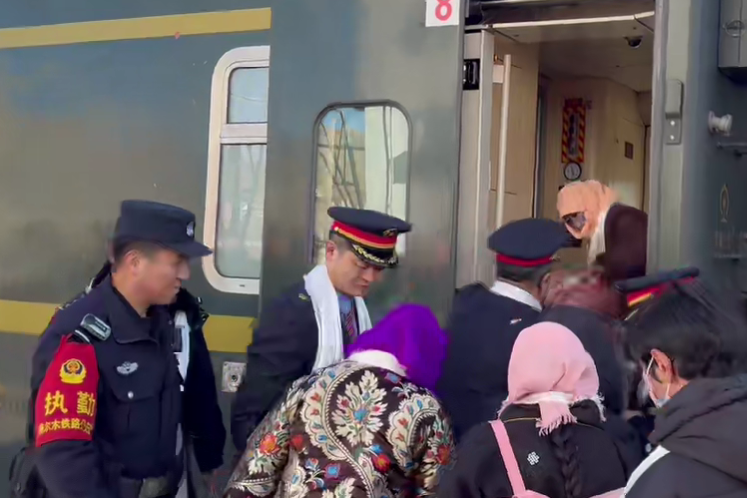Heat wave triggers wildfires across southern Europe

Southern Europe is in the grip of a deadly heat wave, with temperatures soaring past 40 C, sparking wildfires that have forced thousands to take emergency action in several countries, and triggering alerts for tourism hot spots.
As extreme temperatures gripped France, the nation's weather agency, Meteo-France, activated red alerts, its most serious warning level, across 12 administrative units stretching from Atlantic Ocean coastal areas to Mediterranean Sea regions, reported Agence France-Presse.
"Don't be fooled. This isn't normal, 'it's summer'. It's not normal. It's a nightmare," agricultural climatologist Serge Zaka told the French broadcaster BFMTV.
In Montenegro and Albania, firefighters were racing against scorching temperatures and strong winds to contain rapidly spreading blazes, reported Deutsche Welle.
Flames swept dangerously close to residential areas near Podgorica, the capital of Montenegro, while in southern Albania's difficult-to-access terrain, desperate communities called for aerial assistance.
In Croatia, a team of 150 firefighters worked through the night to protect residential areas from advancing flames near the coastal city of Split. Hungary reported record-breaking temperatures and fires burned along Bulgaria's southern borders.
In Italy, a massive wildfire has been raging for several days on Mount Vesuvius, near Naples, with authorities suspecting arson as the cause. More than 150 firefighters, supported by aircraft and helicopters, are battling the blaze, reported The Times newspaper.
'Hand of man'
Raffaele De Luca, president of Vesuvius National Park, said: "One can't exclude the hand of man being behind these fires simply because statistics tell us that 90 percent of fires are caused deliberately or through negligence."
Italian authorities issued red alert warnings for seven major cities, including Florence and Bologna, with temperatures forecast to exceed 40 C in many locations this week.
In Spain's northwestern region, emergency crews battled flames on Monday that ravaged a historic Roman mining complex and also displaced hundreds of locals, reported Al Jazeera.
Spain's Environment Minister Juan Carlos Suarez-Quinones, said firefighters at the UNESCO World Heritage Site of Las Medulas faced severe challenges from soaring temperatures and winds reaching 40 kilometers per hour.
He said the extreme conditions created dangerous "fire whirls" in the valley, which intensified when the flames spread to more open, oxygen-rich areas where temperatures approached 40 C.
Almost 6,000 people have been evacuated from their homes in northern, central and southern Spain, reported The Guardian newspaper.
Near Madrid, a fire claimed one life and forced 180 residents of Tres Cantos to evacuate to local sports centers. Officials described the blaze, driven by dry storm winds exceeding 70 kph, as "explosive" in nature.
Cristina Santin Nuno, a fire scientist at the Spanish National Research Council, told The Guardian that the combination of a wet spring in Spain followed by extreme heat and strong winds created perfect fire conditions.
"If we add to this the relatively easy possibility that a spark can ignite a fire somewhere … we have all the ingredients for the 'Molotov cocktail' we're seeing right now," she said.
A large-scale firefighting operation involving nearly 700 personnel was underway in northern Portugal, where flames have been burning since Saturday in the Trancoso region, 350 kilometers from Lisbon.
In Turkiye's Canakkale Province, fires near the tourist village of Guzelyali forced more than 2,000 people to evacuate and hospitalized 77 people for smoke inhalation. More than 760 firefighters with aerial support battled the flames during what officials confirmed as Turkiye's hottest July in 55 years.
Scientists say Europe is experiencing a faster rate of warming attributed to climate change than the global average, with the trend threatening its infrastructure and people's health.

Today's Top News
- China remembers victims of Nanjing Massacre, 88 years on
- New plan will be a road map for a stronger future
- Taiwan's character of the year a vote against confrontation
- Strengthened resilience key for economy
- Video sheds new light on Japan's wartime atrocities
- Xi: World yearns for peace, trust more than ever






























